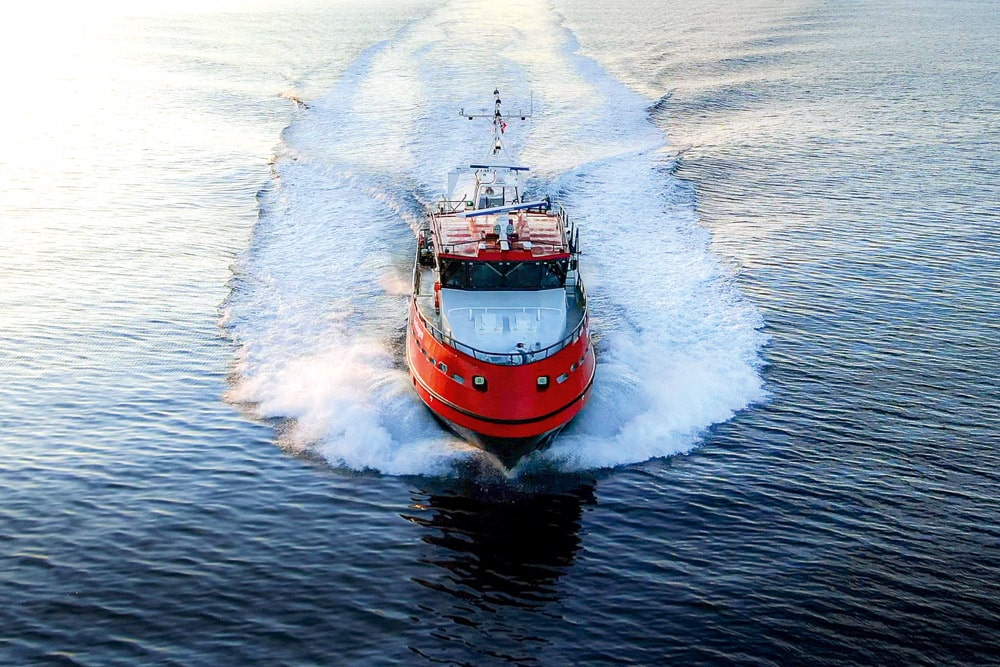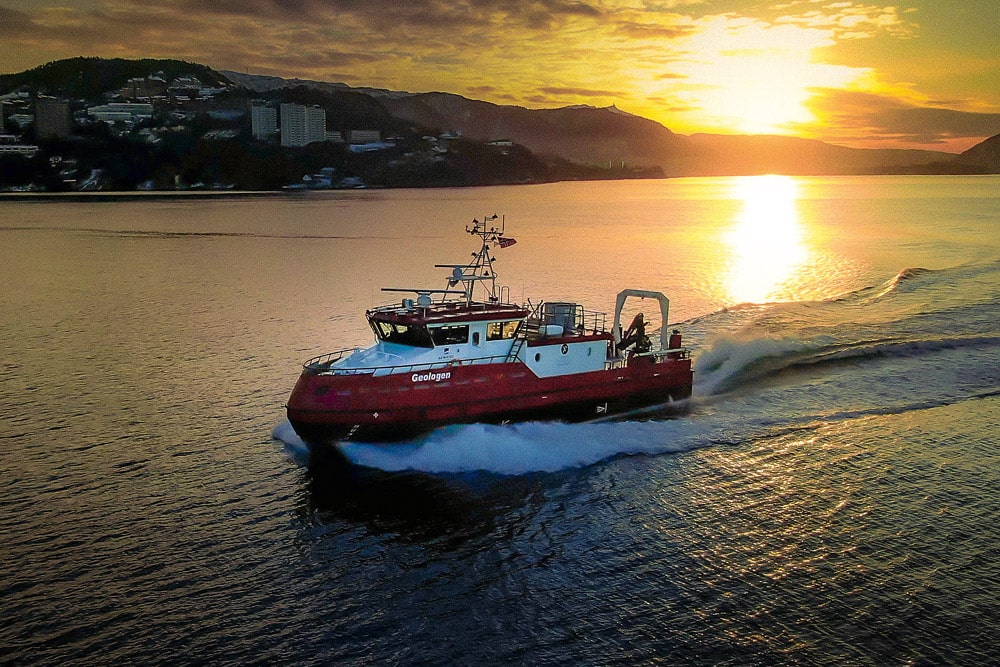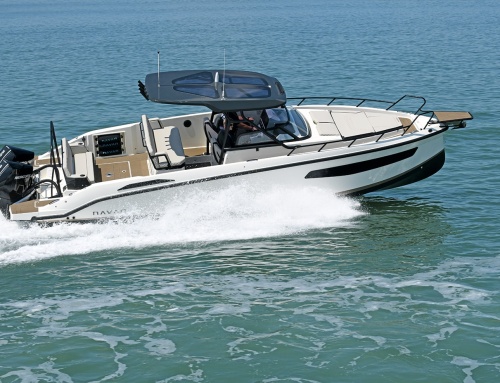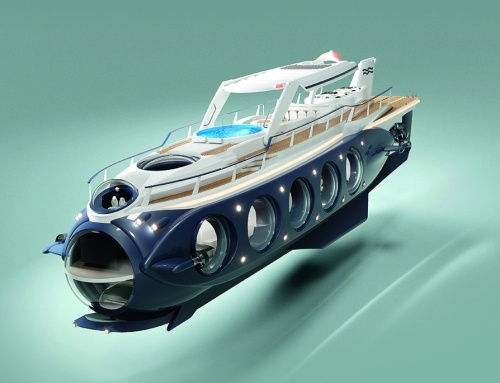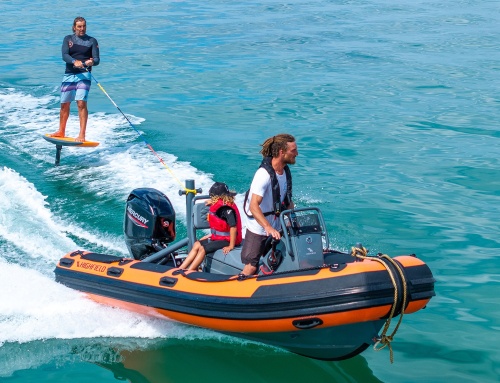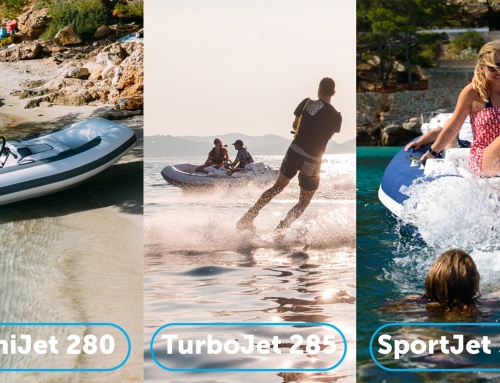An innovative hybrid drivetrain that combines Yanmar engines with electrics and a controllable pitch propeller … PBR reveals the background to Geologen and her work with the Geological Survey of Norway.
A groundbreaking research vessel that is making waves as it embarks on its scientific mission, the e-Work 2390 Survey from Finnish boatbuilder Kewatec AluBoat was commissioned by the Geological Survey of Norway (NGU) to study the seabeds and fjords around Norway. The NGU’s director, May Britt Myhr, christened the vessel Geologen by throwing seawater over her at a ceremony held in Trondheim, Norway.
An innovative drivetrain
The vessel features an innovative hybrid drivetrain that combines Yanmar engines with electrics and a controllable pitch propeller. Gisle Johnsen, General Manager of Martec AS, Kewatec AluBoats’ Norwegian subsidiary, explained: ‘The brief from the client was to devise a propulsion system with very low vibrations and noise because of all the sensitive scientific instruments on board.’
These instruments include two multi-beam echo sounders, a sub-bottom profiler and seismic technology for geological examination up to depths of 1,300 metres. Additionally, there is a remotely operated vehicle that is deployed from an A-frame crane on the deck.

Johnsen continued: ‘I believe the propulsion system is the first hybrid system consisting of Yanmar IMO Tier 3 engines in combination with a controllable pitch propeller and an electric motor PTI [power take in] mounted on the gearbox. What’s more, the propeller tunnel design integrated in the hull is unique.’
The construction process began with a 3D model that underwent rigorous testing using computational fluid dynamics. Once the model had been refined to meet the designer’s expectations, the physical ship was built, and sea trials commenced. Johnsen remarked: ‘The system was tested properly according to the yard and a regulation SAT (sea acceptance test) program, including a four-hour 100% load test. The tests were successful – everything worked according to plan and no additional adjustments or adaptations were necessary. It just goes to show that with proper planning, modelling and virtual testing you can get a vessel right first time.’
The Power Combination
The drivetrain comprises two 670kW Yanmar 6AYEM-GTWS marine diesel engines and a combined 200kW of electric motors, propelling the vessel at a top speed of 20 knots. In electric-only mode, Geologen can cruise at 5 knots for up to four hours.
‘We chose Yanmar because the company has such a good reputation,’ Johnsen explained, ‘and we know these units have low vibrations, low emissions and the ability to deliver a complete IMO Tier 3 package. This is a hybrid system, of course, which does present challenges. For example, batteries are heavy, which can affect fuel consumption in diesel-only mode, and the fire protection regulations mean we have to have a cooling system in place for the batteries. However, we consider this ship a great success, and we’re getting a lot of interest in hybrid systems from our government clientele.’
Harnessing the benefits of hybrid solutions
In practical terms, Geologen utilises the diesel system for transiting to and from research sites, switching to electric drive during research operations to minimise vibration for more accurate survey work. Alongside the on-board instruments, the vessel features a dry laboratory, a wet laboratory, and essential amenities such as a galley and crew cabins.
Geologen stands as a remarkable testament to the possibilities that hybrid technology offers, combining reliable power and environmental responsibility in a versatile working vessel.
For more information visit www.Yanmar.com/eu/About-Us/.

